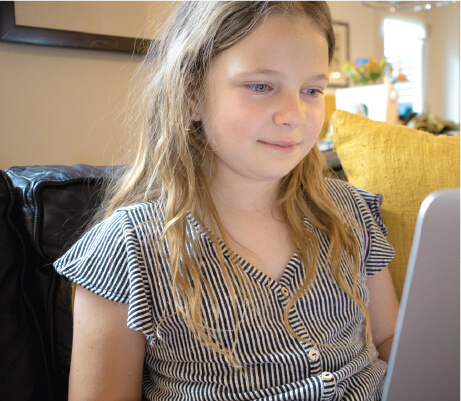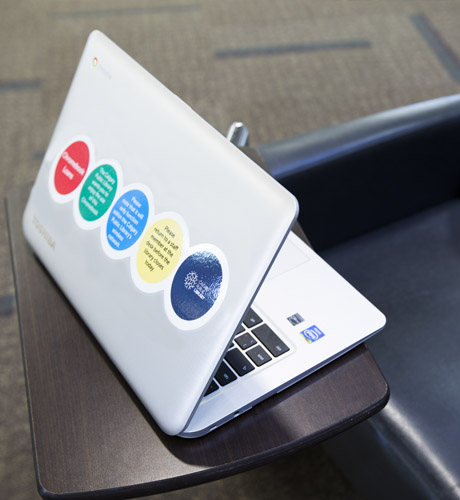Words to know
Lateral Reading: Verifying information as you read it. This can be done by leaving the website and looking at other sites to make sure the original source is reliable and authentic.
Critical observation: Using critical thinking to look more carefully at images and think about where those images were taken.
Reverse Image Search: A digital investigative technique used to find the original source of photographs.
Geolocation: Verifying the location of online information.
Misinformation: Information that is inadvertently incorrect and not intended to mislead people.
Disinformation: Information and the distribution of information that is deliberately incorrect or deceptive with the intention of spreading a false message.
Propaganda: Information with an agenda. Its intention is to persuade and will often contain an unnecessary positive spin.
Fake News: A term used to refer to information that is intentionally false. This term has been politicized to refer to information that one does not agree with, regardless of the validity of the information.
Fact-checking: The process of verifying information to determine its correctness.


